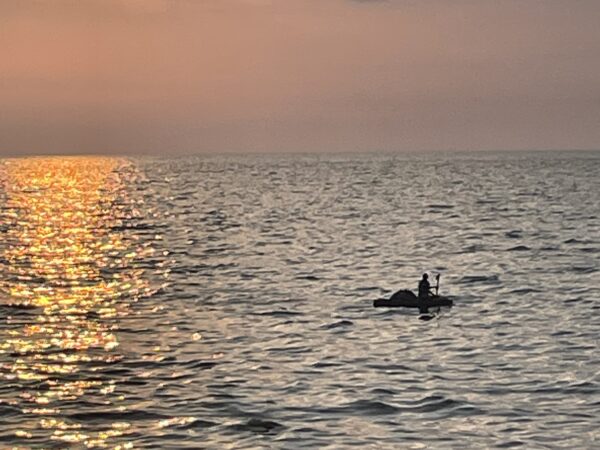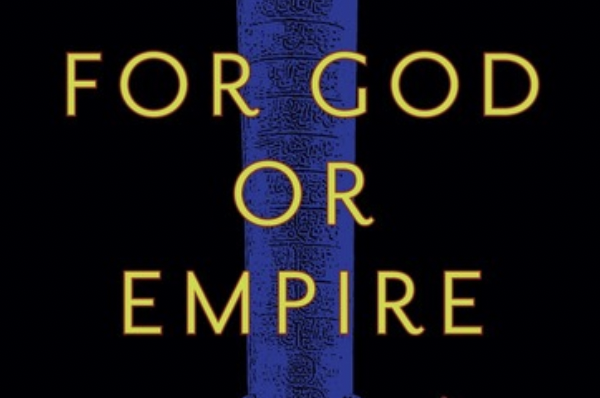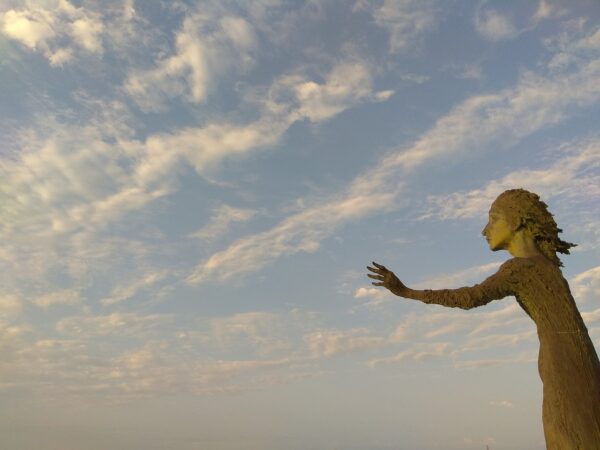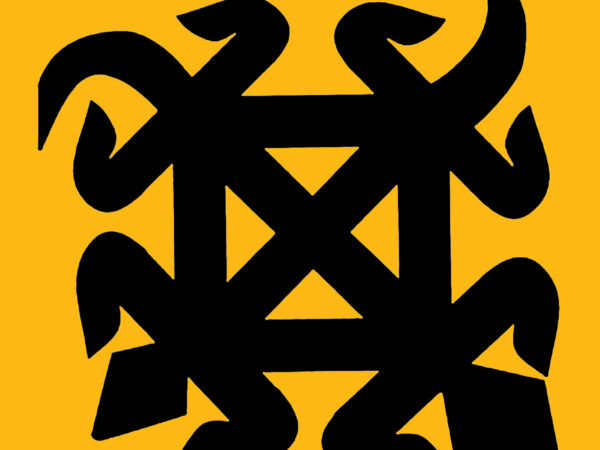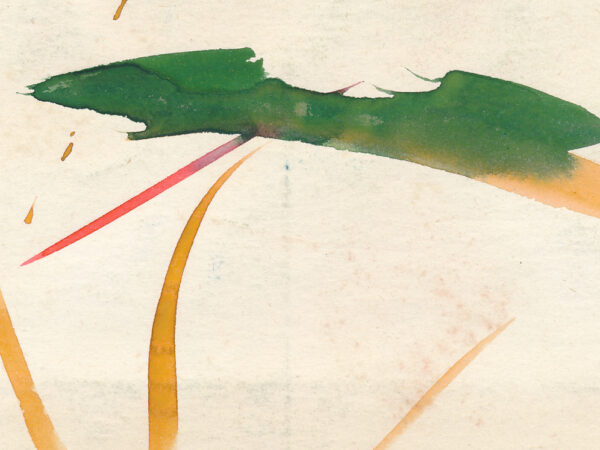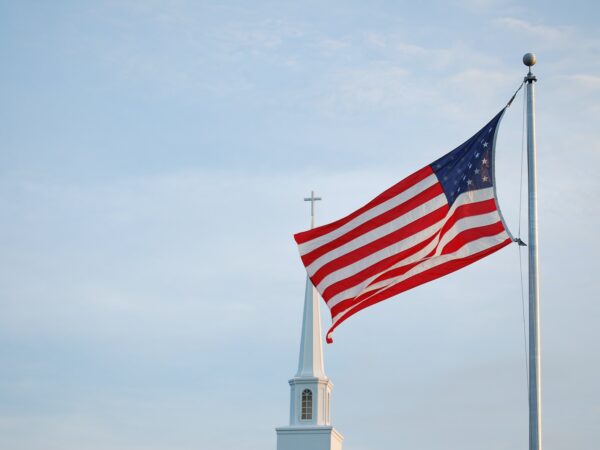
God’s call is not to engage in politics of personal power or self-service, but engage in a politics of liberation, one that ends the idolatrous hold on power so many have.

The essays seek a genealogy of and reckoning with the place of religion in modern regimes of sovereignty, its pre-colonial histories and post-colonial legacies, as well as an accounting of the fissures that remain in its emplacement, out of which new life continues to grow.
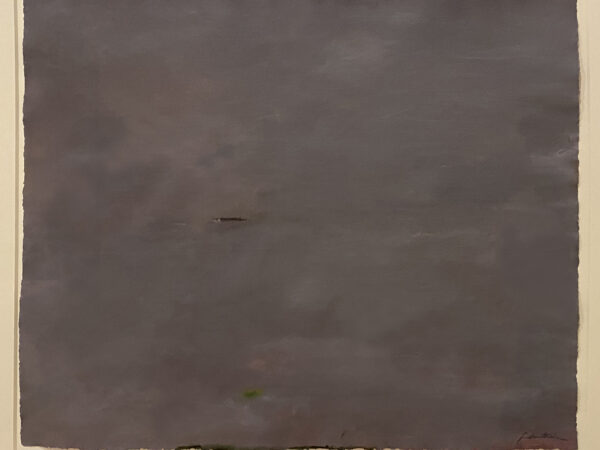
Taubes’s novel continuously asks how we distinguish—if we can—between dreams, life, and books. Who or what speaks to the one who dreams? To the reader of a novel? Are dreams and novels and other kinds of books various mediums through which the dead speak? Can we hold this to be true while still honoring the dead as dead?
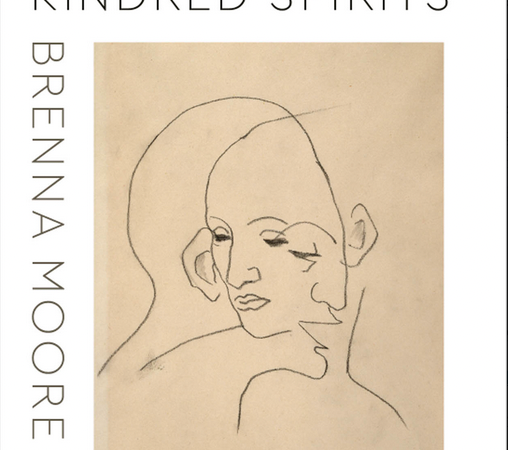
“Both authors travel to the margins and then send back a warning signal to fellow scholars about the limits and potential intrusiveness of our established methods.”

Whatever our exegesis of scripture and tradition may suggest, it is imperative that we take into account the pain and damage our religious piety causes to others. Is our perception of divine instruction sufficient justification for actual injury (physical, psychological, and/or spiritual) to our neighbors?

The Hindu Code Bill has traditionally been seen as a women’s bill, brought by a post-colonial government committed to social transformation and equality that came to be watered down by a more conservative legislature. In this interview, Eleanor Newbigin discusses her new book The Hindu Family and the Emergence of Modern India. In it Newbigin argues that the codification project was primarily shaped by changes in the structure of the Indian state and political economy brought about by the devolution of power and introduction of direct representation.

